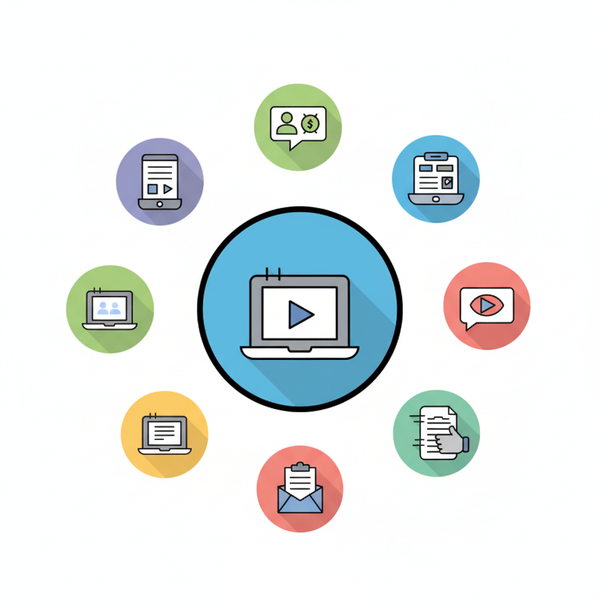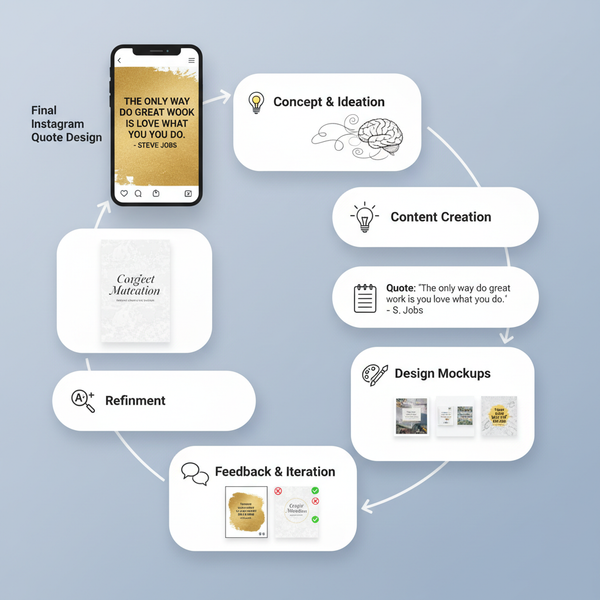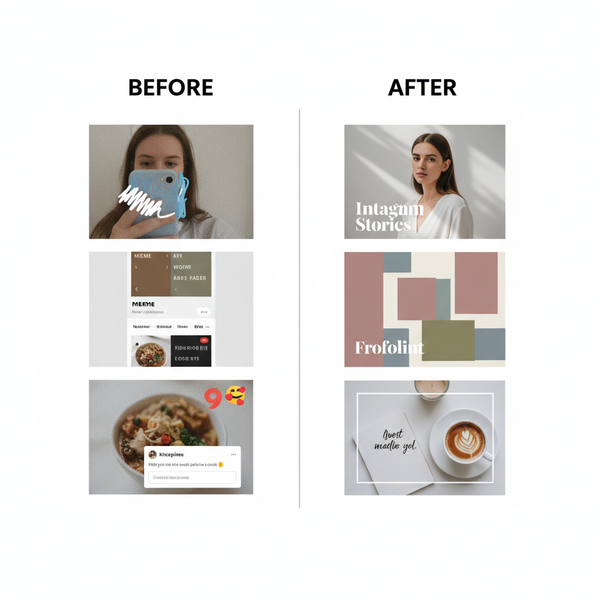Reasons to Avoid Facebook for Privacy and Mental Health
Explore how Facebook impacts privacy, mental health, and public discourse, with insights on data risks, misinformation, and addictive design triggers.
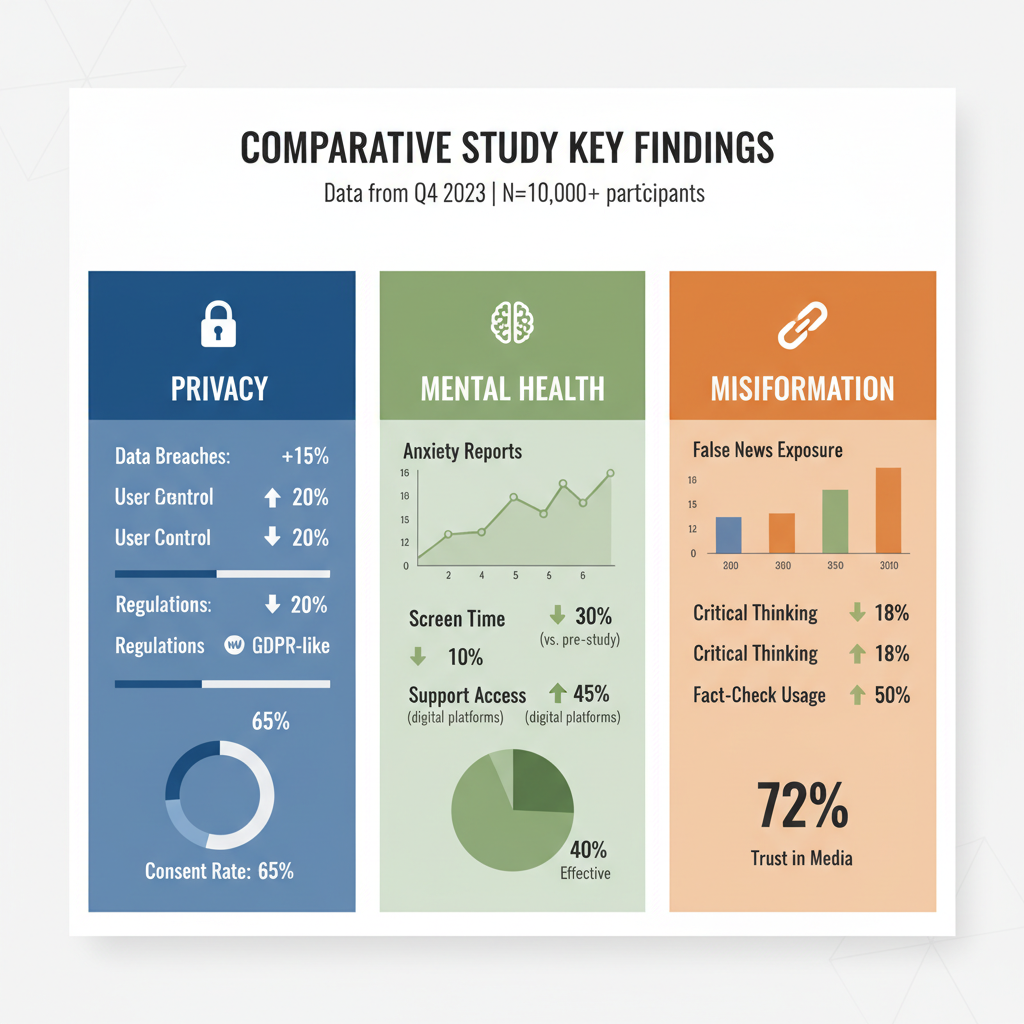
Introduction
In today’s hyperconnected world, Facebook remains one of the most widely used social media platforms — yet growing numbers of people are beginning to question whether it’s doing more harm than good. Launched in 2004 by Mark Zuckerberg and Harvard classmates, it evolved rapidly from an exclusive college network into a global platform that shapes news, politics, friendships, and even mental health. Alongside its popularity, however, have come serious concerns about privacy, misinformation, addictive design, and societal polarization. If you’re considering taking the bold step to not use Facebook, this guide examines the facts, harms, and healthier alternatives.

---
A Brief History of Facebook and Its Global Dominance
Launched initially as “TheFacebook” for Harvard students, the platform quickly expanded to other universities and, within two years, opened to anyone over 13. By 2012, Facebook went public with one of the largest IPOs in tech history. Today, it boasts over 2.9 billion monthly active users.
Its acquisitions — Instagram, WhatsApp, Oculus — cemented its position as a major tech giant. Yet along with growth has come an unparalleled ability to influence social interactions, media consumption, and political discourse on a massive scale.
---
Privacy Concerns
Facebook’s business model heavily relies on gathering and monetizing user data, including:
- Extensive Data Collection: Your likes, clicks, photos, location, and even browsing behavior outside Facebook.
- Data Breaches: For example, the 2019 breach exposed millions of user records.
- Third-Party Sharing: The Cambridge Analytica scandal illustrated misuse for political targeting.
Why This Matters
Data is a valuable currency. Using Facebook “for free” often means paying with your personal information. Over time, these profiles can be exploited by advertisers, governments, or malicious actors.

---
Mental Health Impacts
Numerous studies have examined social media’s impact on mental well-being, with Facebook frequently at the center thanks to its sheer scale and stickiness.
Key Findings
- Increased Anxiety: Constant exposure to idealized images of others’ lives.
- Reduced Sleep Quality: Late-night scrolling interferes with healthy rest.
- Lower Self-Esteem: Likes and comments become proxies for personal worth.
Comparative Studies
| Study | Participants | Main Finding |
|---|---|---|
| University of Pennsylvania (2018) | 143 students | Limiting Facebook reduced depressive symptoms. |
| Royal Society for Public Health, UK (2017) | 1,500 young adults | Facebook ranked among the most detrimental for mental health. |
| Harvard Business Review (2020) | 600 adults | Quitting Facebook led to higher in-person socialization. |
---
Misinformation and Echo Chambers
Facebook’s algorithm favors engagement, often boosting sensational or polarizing content. The consequences include:
- Echo Chambers: Users receive information aligned with existing beliefs, restricting exposure to diverse viewpoints.
- Rapid Spread of Misinformation: Erroneous stories can go viral before fact-checks catch up.
- Polarized Public Discourse: Political debates intensify in silos.
This environment can undermine trust in credible sources and deepen societal divides.
---
Addictive Design Patterns
The platform deploys psychological triggers specifically to keep people hooked:
- Endless Scroll: Eliminates natural stopping cues.
- Variable Rewards: Unpredictable likes and comments reinforce habit.
- Gamification: Memories and badges deliver dopamine hits.
The Science Behind It
Neuroscientists note that unpredictable rewards strengthen habits — the same mechanism found in gambling behavior.
---
Ethical Concerns
Beyond personal effects, Facebook’s corporate conduct raises serious ethical questions:
- Political Influence: Involvement in election manipulation allegations.
- Weak Content Moderation: Harmful content can spread faster than removal efforts.
- Minimal Accountability: Regulatory fines are often negligible compared to profits.
Ethicists call for greater transparency, stronger oversight, and social responsibility given the platform’s immense influence.
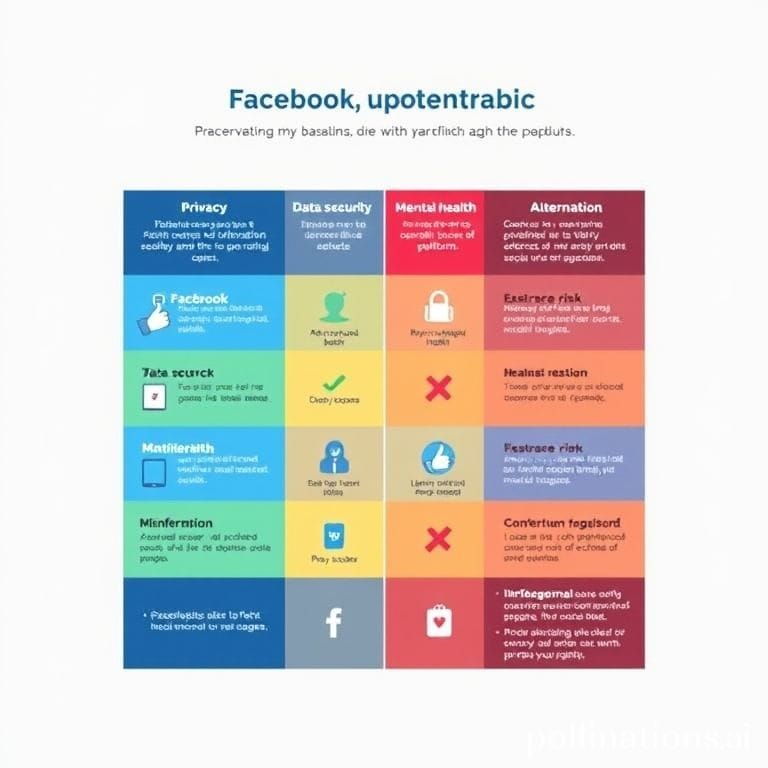
---
Case Studies: Life After Facebook
Stories from former users underline the benefits of leaving:
- The Freelancer: More creative output after quitting.
- The Parent: More family time without constant notifications.
- The Activist: Found alternative organizing channels beyond Facebook algorithms.
The overall themes: reduced stress, improved focus, richer offline relationships.
---
Better Alternatives
If you’re aiming to not use Facebook, viable options include:
- Privacy-Focused Networks: Mastodon, MeWe.
- Niche Communities: Reddit subforums, specialist online communities.
- Offline Engagement: Local meetups, sports clubs, volunteer groups.
Choosing the Right Platform
Match your communication needs — social, professional, activist — with a platform that aligns with your values and privacy priorities.
---
Step-by-Step Guide to Deleting or Deactivating Your Account
Here’s how to securely remove your presence:
- Backup Your Data: Use “Download Your Information.”
- Remove Linked Apps: Disconnect third-party logins.
- Clear Cookies: Prevent post-deletion tracking.
- Navigate to Settings: Go to Settings & Privacy → Your Facebook Information.
- Select Deactivate or Delete:
- Confirm via Password and Verification.
- Log Out Everywhere.
- Deactivate: Temporarily disable account.
- Delete: Permanently remove after a 30-day grace period.---
Tips for Transitioning Away
Disconnecting from Facebook doesn’t mean losing connections:
- Contacts: Save friends’ details securely.
- Photos: Back up to external drives or secure cloud services.
- Events: Use Meetup or mailing lists.
- Messaging: Switch to encrypted apps like Signal or Threema.
Gradual Detox
If deletion feels too abrupt, gradually limit use: turn off notifications, log out daily, and set screen-time limits.
---
Summary and Next Steps
Facebook’s reach and convenience cannot hide its risks to privacy, mental health, and community trust. Its addictive design and loose accountability make it important to thoroughly weigh whether staying is worth the trade-offs. By exploring alternatives and taking back control of your digital life, you may rediscover time, focus, and peace of mind.
If you’re ready to protect your well-being, data, and relationships, consider starting your journey today — sometimes the healthiest choice is simple: don’t use Facebook.

